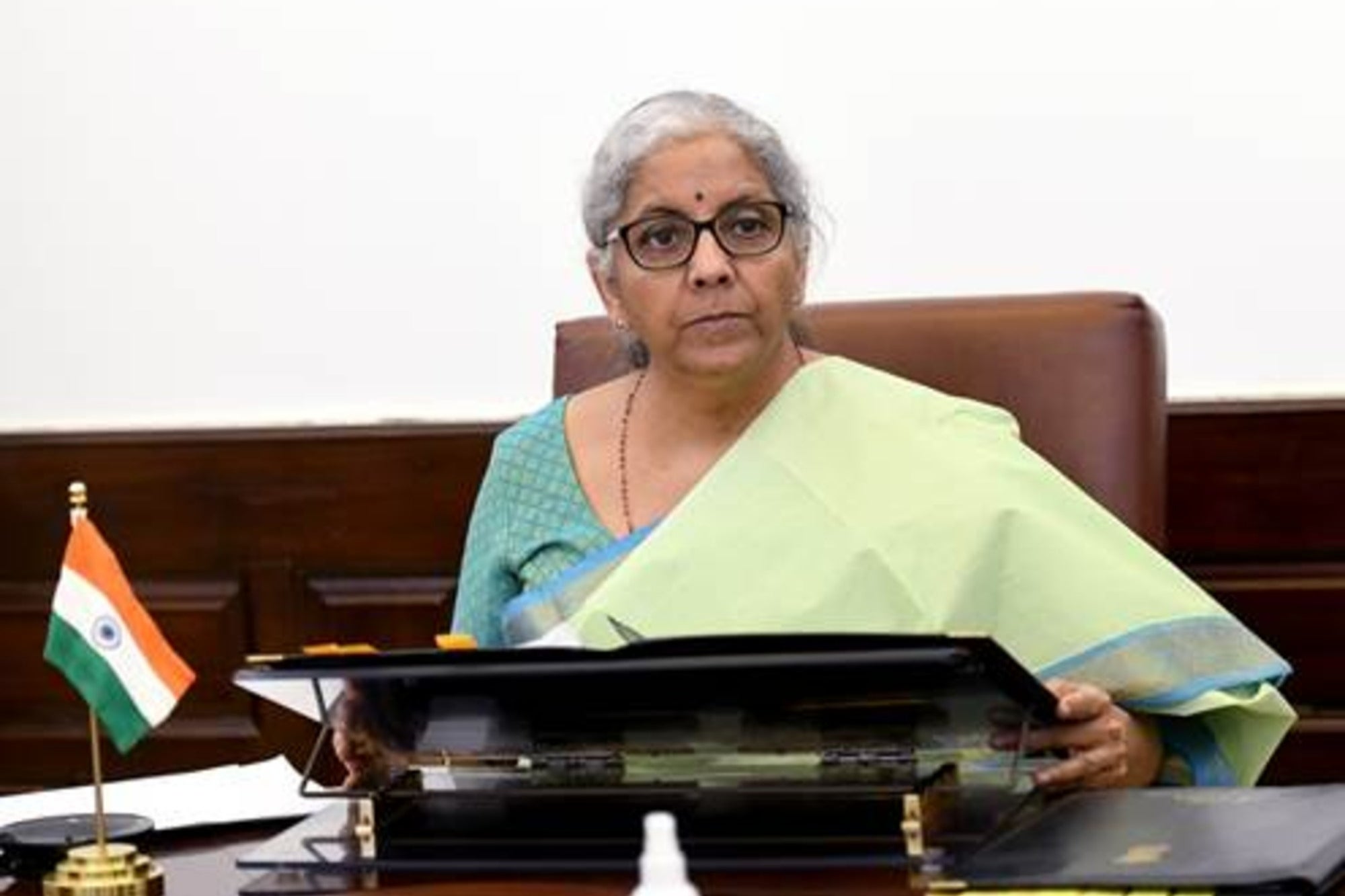#4 Reasons Why Job Creators and Not Seekers Are the Future of A Progressive India The Indian middle class has now sorted out the basic sustenance issues and can afford to allow their children chase their dream of building an enterprise
Opinions expressed by Entrepreneur contributors are their own.
You're reading Entrepreneur India, an international franchise of Entrepreneur Media.

By 2050, it is likely that the entrepreneurship history of India will be divided into a pre-Startup era and a post-Startup era. The most important role of any elected government is to create jobs and ensure that its citizens have a means to generate income and lead a fulfilling life.
History has shown that governments choose two ways to create jobs. Either it starts enterprises by itself, or it creates a favorable environment and ecosystem for its citizens to set up enterprises and generate jobs.
The current NDA government, under the leadership of Prime Minister Narendra Modi, has taken a high-level decision to walk the latter path and this is clearly evident from its "Start-up India', "Make in India', "Digital India' and "Skill India' programs.
This creates an interesting situation for the vast middle-class population of India, who are largely salaried professionals. They now have the opportunity to imagine their children becoming entrepreneurs and employing people — but are we ready for this?
Entrepreneur India seeks answer to this significant question from Sanjay Vijayakumar, Chairman of the Board for Start-up Village Collective (SV.CO)
Vijayakumar observes a change that is happening globally and the changing times are bringing new opportunities.
"The Internet has changed the world dramatically. In terms of economics, the combination of three factors — access to knowledge and information on the Internet, ability to create products using technology and to distribute it to customers across 2B Internet users globally — is the biggest opportunity for wealth creation that India has seen since independence," he added.
As a board member of Start-up Policy Implementation Committee of AICTE, Vijayakumar opined that it was important to know what is changing in India and why now is the time for students to think seriously about being a job creator rather than a job seeker.
AICTE National Student Startup Policy
"The AICTE is the apex body for technical education in India and it has taken the initiative to upgrade a dated system. In November last year, the President of India launched the AICTE National Student Start-up Policy, which, among other things, allows college students to convert their final year projects into campus start-ups. It also allows universities to grant those, who have gained the experience of creating a start-up, a Minor in Entrepreneurship certificate, besides the main degree," he informed
"The academic system has done a massive pivot by creating the policy framework for students to build start-ups while in college and recognizing this as part of their final engineering degree. This will open up a world of entrepreneurship opportunities for nearly 4 million engineering students," added the young entrepreneur.
Vanishing IT Jobs Driving Students Out of Comfort Zone
For nearly two decades, Indian IT services companies, led by Infosys, TCS, Wipro, Cognizant, and others created a world-class outsourcing model, generating large-scale employment for graduating students. However, with the advent of cloud and automation, a lot of these jobs are now becoming redundant, as IT services companies no longer need to hire so many people.
"It is estimated that campus and graduate recruitment by IT service companies will go down from nearly 4,00,000 students a year to 1,00,000 a year. Needless to say, this will take students out of their comfort zones and fire them up to pick up skills that would make them employable post college. They possibly can start their own successful ventures," envisaged Vijayakumar.
Companies Preferring Achievement Credentials over Academic Credentials
"With the general tightening of recruitment, companies will be looking for students who have proven achievement credentials rather than regular academic credentials. Jobs that are currently on-demand require knowledge of the latest technologies, so the students have to be up to date; which is not something our current academic system allows," he cautioned.
"Achievement credentials can be built by creating real products, solving real problems, and learning hands-on by setting up a campus start-up. Graduates with an experience of creating a start-up from their ideas will have a significant edge when it comes to hiring over those who have simply gone through the academic rigor. They are also straightaway part of the nation's pool of potential job creators, as it is unlikely that resourceful youngsters, who have had a taste of entrepreneurship, will give up on their dreams so easily," he anticipated.
Rising Middle Class Can Afford To Let Their Children Take Risks
Vijayakumar who founded MobME, one of the most successful start-ups in India's telecom industry at the age of 22, while still in college, highlighted that there was a marked change in the mindset of Indian rising middle class.
"For our previous generation, the onus was on taking up a steady job quickly after graduation, to generate income to meet the basic requirements. However, in 2017, the rising middle class in India has mostly sorted out the basic sustenance issues and can now afford to allow their children explore life outside college, chase their dream of building an enterprise and create wealth, instead of taking up a job immediately after completing education to support their families," he elucidated.











